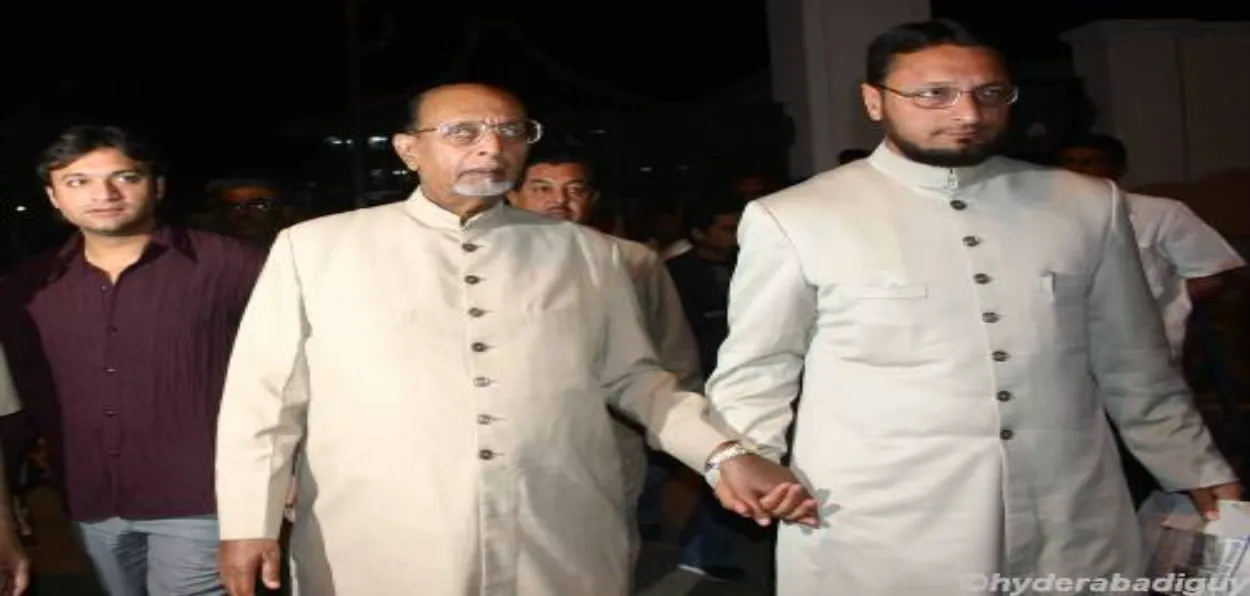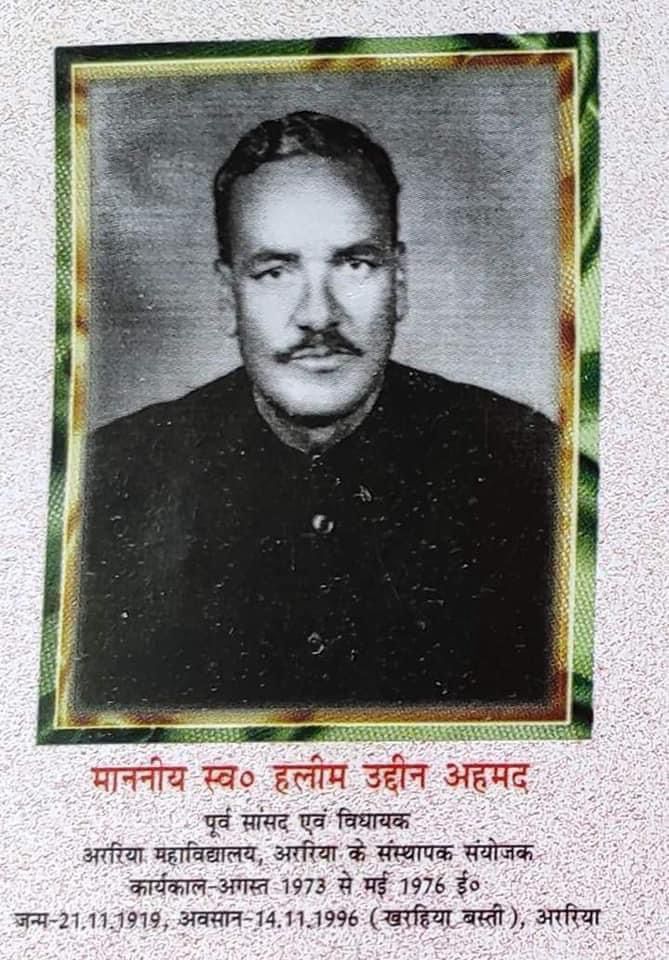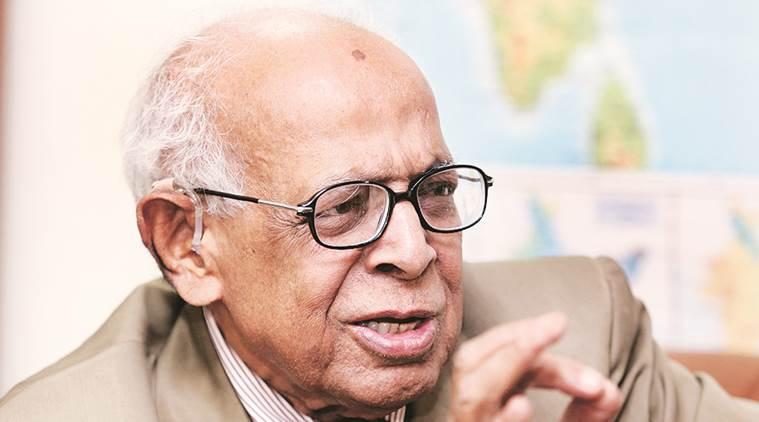
Saquib Salim
“And given that Muslims are the poorest (economically weakest), they should obtain preference in the EWS 10 percent quota.” Economist Surjit Bhalla wrote this after the reservation for Economically Weaker Sections (EWS) was introduced by the Narendra Modi-led Union Government of India in 2019.
The public opinions, especially in India, are mere perceptions rather than based on facts. It led people to infer that since the BJP-led government has introduced the EWS quota, it ought to be a Hindutva agenda of RSS. Another popular perception is that the quota should be harming Muslims and other minorities.
A close reading of Indian political history tells us that the demand for the quota for EWS is quite secular. Some of the most vocal Muslim leaders of the 1980s and 1990s fought tooth and nail, unsuccessfully though, for this quota.
In May 1997, Sultan Salahuddin Owaisi, a firebrand Muslim MP from Hyderabad and the father of Asaduddin Owaisi tabled a bill “to provide for reservation of posts in public employment and of seats in higher educational institutions for various categories of persons belonging to economically weaker sections of the people.”
This was not the first attempt for the EWS quota. Throughout the 1980s and 90s, leaders considered to be the voice of the Indian Muslims canvassed for the quota.

Halimudin Ahmed
In 1978, Halimudin Ahmed, an MP from Kishanganj, Bihar, asked the government on the floor of Lok Sabha why persons from the Economically Weaker Section should not get reservations in Air India.
It was not that only Muslim leaders were demanding the EWS quota. Ram Nagina Mishra, a six-time member of Lok Sabha from U.P, raised the demand several times during the 1980s. He was an MP from Congress then and brought private bills to introduce the EWS quota in 1981, 1985, and 1988.
Mishra wanted the abolition of caste-based reservations and replaced them with EWS reservations. While tabling the bill on 6 May 1988, he said, “Our Government has adopted the principle of socialism and there should be no reservation based on caste in socialism. There are only two castes in socialism, one is rich and the other is poor. There is no Brahmin, Thakur or Harijan in Socialism. When we have adopted socialism then the reservation facility should be given to the poor persons and not based on caste.”
Besides, one of the fiercest advocates of the EWS reservation who tried argued strongly in the Parliament was Syed Shahabuddin, a Janata Party MP from Kishanganj.

Syed Shahabuddin
During the 1908s and 90s, Shahabuddin repeatedly presented the bill to introduce EWS reservation in the parliament. He did not want to end the caste-based reservation but called for the reservation for economically backward people of all castes including Brahmins. On 1 December 1995, he quoted Babu Jagjivan Ram, one of the tallest Dalit leaders.
He said, "I recall, at this moment, something said to me by the late Babu Jagjivan Ram. He knew me very well and I commanded his affection. He told me, “Shahabuddin, it is strange that my daughter can get into the IAS under a reserved quota but the son of my cook cannot.” His cook happened to be a ‘Brahmin.' You know, in Bihar we have Maithili Brahmins who are famous as cooks. So, he had a Maithili Brahmin and this sentence has stayed in my mind.”
ALSO READ: Netaji Subhas liberated and hoisted the national flag at the Andamans
Shahabuddin pointed out, “Let us not contract our horizons by a very narrow interpretation of the terms ‘social backwardness'. Social backwardness is implicit today in economic backwardness. If you are poor, your social status is low. If you are well off, your social status is high. If you are in the Government service, even if you are a peon, you are somebody in the Moholla and the locality. So, these things have to be understood. Society is changing. Our concept of social status goes on changing and today, in a developing society where we are keyed to certain economic parameters, it is very much becoming subject to economic parameters..”
These early bills and demands could not become a reality but paved the way for a future EWS quota introduced in January 2019 by the BJP-led Union Government of India.
